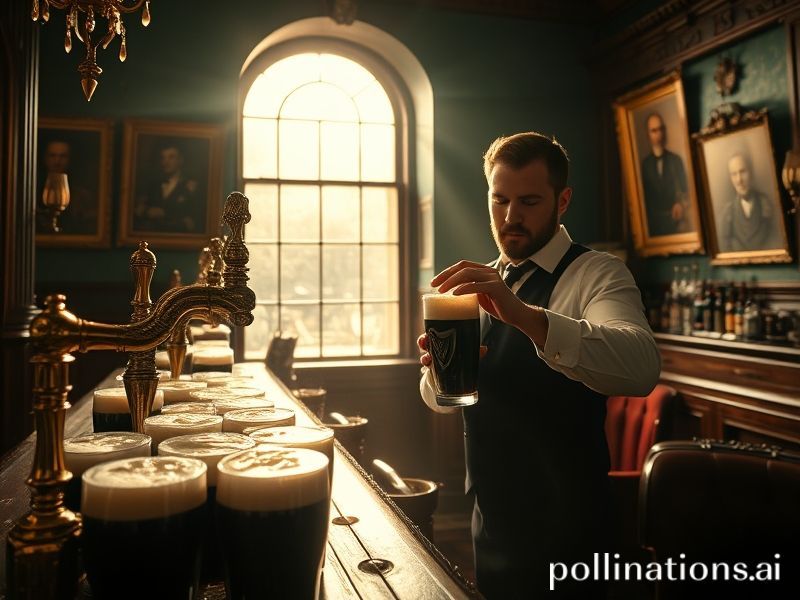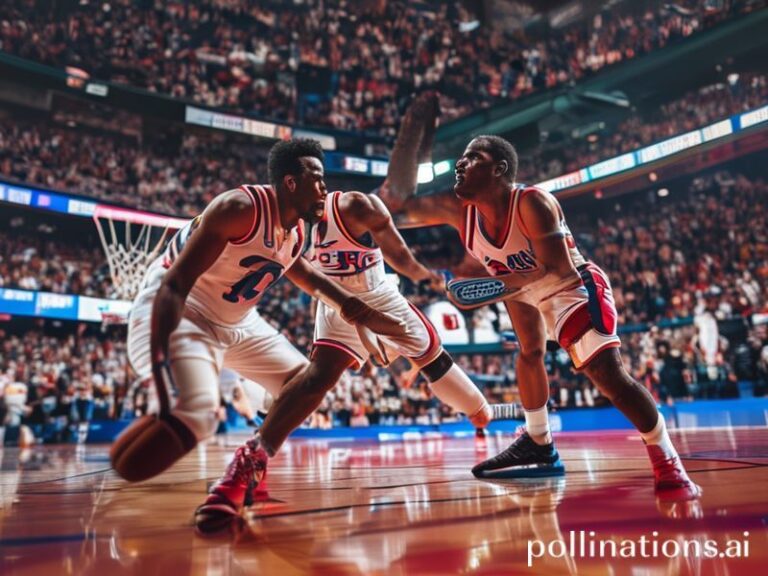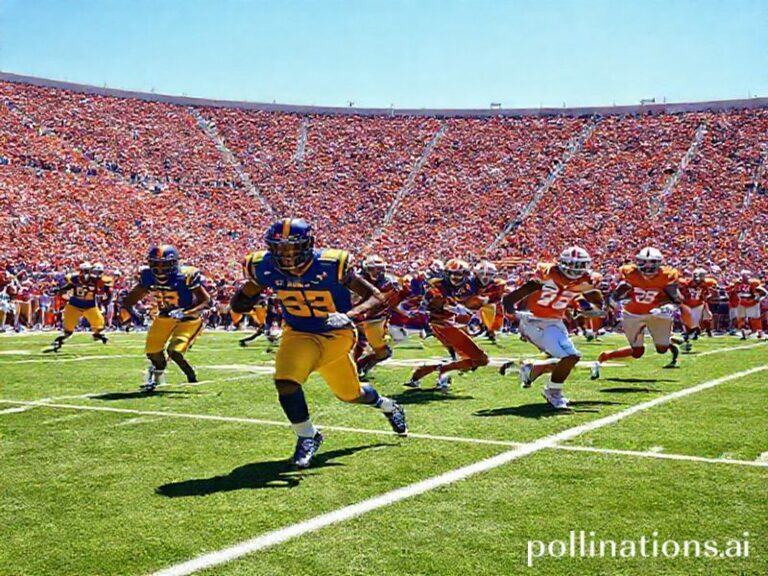House of Guinness: How a Dublin Brewery Became the World’s Most Intoxicating Soft-Power Tool
House of Guinness: When the World’s Favourite Stout Becomes a Geopolitical Football
Dublin’s St. James’s Gate has always been a cathedral of foam and folklore, but lately the altar boys are wearing bespoke suits and speaking in the clipped dialects of Singapore, New York, and—because irony never sleeps—London. The “House of Guinness” is no longer just the brick-and-mortar birthplace of a 264-year-old stout; it has metastasised into a transnational brand-embassy whose real product is soft power, poured neat and served with a side of quarterly earnings.
To understand why a pint of black stuff now matters in global supply-chain poker, consider the cast list. Diageo, the corporate ventriloquist headquartered in a tax-efficient corner of Westminster, owns Guinness outright. Yet the liquid itself is brewed in 49 countries, from Lagos to Baltimore, each site calibrated to local water chemistry and—more importantly—local politics. When Nigeria briefly flirted with foreign-exchange restrictions in 2023, Guinness tanked harder than the naira, reminding investors that stout is just beer until a central banker stubs his toe.
Meanwhile, the mothership in Dublin has been retrofitted into Willy Wonka’s adult theme park: seven floors of curated “experience” where tourists pay €25 to watch digital waterfalls cascade over quotes by Oscar Wilde (who, history notes, preferred champagne). Last year 1.3 million pilgrims made the trek—more than attended Catholic mass in Ireland on Christmas. The Vatican, presumably, is taking notes on merchandising.
The soft-power dividend is not lost on governments. When Kenya’s president toasted King Charles with a Guinness last autumn, the optics read “post-colonial bromance,” but the subtext was Diageo’s €50 million brewery upgrade outside Nairobi. In the great game of beverage diplomacy, a pint beats a white paper every time.
Yet the House of Guinness also exports something darker than its roast barley: the hangover of cultural nostalgia. From Shanghai to São Paulo, Irish pubs operate as embassies of a country that never quite existed—part peat-scented Eden, part Lucky Charms commercial. Locals belly up to mahogany bars to lament their own urban alienation through the borrowed myths of a damp island they’ve never visited. Guinness is happy to monetise the melancholy; the widget in every can is essentially a tiny therapist humming “Danny Boy.”
There is, naturally, an ESG subplot. Diageo recently pledged to make every pint “carbon neutral” by 2030, a vow that sounds noble until you realise it involves planting millions of trees in countries whose names most drinkers can’t spell. Critics point out that the fastest way to cut emissions would be to sell less beer, a suggestion met in corporate circles with the same enthusiasm as a sober wedding toast.
Still, the brand endures because it has mastered the global sleight of hand: appearing local everywhere while remaining legally nowhere. When Myanmar’s generals needed a friendly multinational to launder their international image, Guinness obliged with a microbrewery in Yangon—small enough to ignore, photogenic enough to signal “open for business.” The taps were turned off after the 2021 coup, but the Instagram photos linger like the last sip in a glass.
In the end, the House of Guinness teaches a lesson every cynic already knows: identity is just another flavour additive, shelf-stable and exportable. Raise a glass and you’re not tasting barley; you’re tasting the distilled essence of tax arbitrage, colonial aftertaste, and the universal human desire to pay for a story with a head on it. Sláinte, or as they say in the boardroom, “Cheers to diversified revenue streams.”







